Placemaking has become a buzzword in urban planning parlance, with projects around the world raring to be branded as a showcase of such. Southeast Asia, not the least Bangkok, is playing catch-up. The Thai capital is playing host to several ambitious placemaking projects that will be completed over the next few years.
Placemaking is a more modern riff on an old real estate catchphrase, "destination centre" explained James Pitchon, executive director of CBRE Thailand. "Placemaking is something that makes a development quite unique and gives people reasons to go there that is different to what they can find elsewhere. It is making somewhere a recognisable landmark so that people want to live and stay there.â€
As such, placemaking poses a paradox, primarily geared towards a retail development, and to some extent, offices, both of which are predicated toward accessibility to the public, and then conflated with a luxury residential development, which banks on utmost exclusivity and privacy.
"Developers are understanding the challenges of how to combine these without having to compromise" Pitchon said.
"Each component of the development still maximises its unique selling point. Residential has to have a sense of arrival, so it cannot be a component tucked away at the back of the development. Offices are the same, offices require street visibility; people want an address that they can see. So many components of a development are actually competing for things like street frontage, accessibility of view. That's the real challenge: to combine all those requirements without having to compromise", he added.
In a recent report, CBRE cited the efforts of retail giant The Mall Group in erecting The Em District, a mixed-use site which opened in Bangkok's trendy Phrom Phong area in 2015. The area is centred around Emquartier, a 600,000-square-metre shopping mall that boasts a 40-metre-high artificial waterfall and a 3,000-sqm rooftop "water garden.â€
Placemaking marks a shift in paradigm for a city like Bangkok whose developments have been fundamental of smaller scale and thereby limited to maybe one or two types of components. "Most residential developments in Bangkok, as you know, have tended to be individual residential buildings that have been dependent on location and equally, if not more important, the number of units, the size of units, design, and specifications" Pitchon said. "Unlike some other cities in Asia, in Bangkok, residential has got a different set of priorities.â€
For all its leadership moments in terms of live-work-play and multi-use developments, Bangkok still lacks the nuance of placemaking initiatives in other parts of the world, which often take into account concerns such as the number of social housing units. "In Bangkok, zoning and planning is still very broad-brush and is not micromanaged. So we're very much driven by broad-brush approaches as to what can be built in terms of use.â€
That said, shopping malls in Asia do excel at placemaking, especially in the notion of a "retailtainment†component in shopping centres, according to CBRE head of research for Asia-Pacific Henry Chin.
_PH_Banner_(Desktop)(1200x180px).png)
.jpeg)
.jpg)
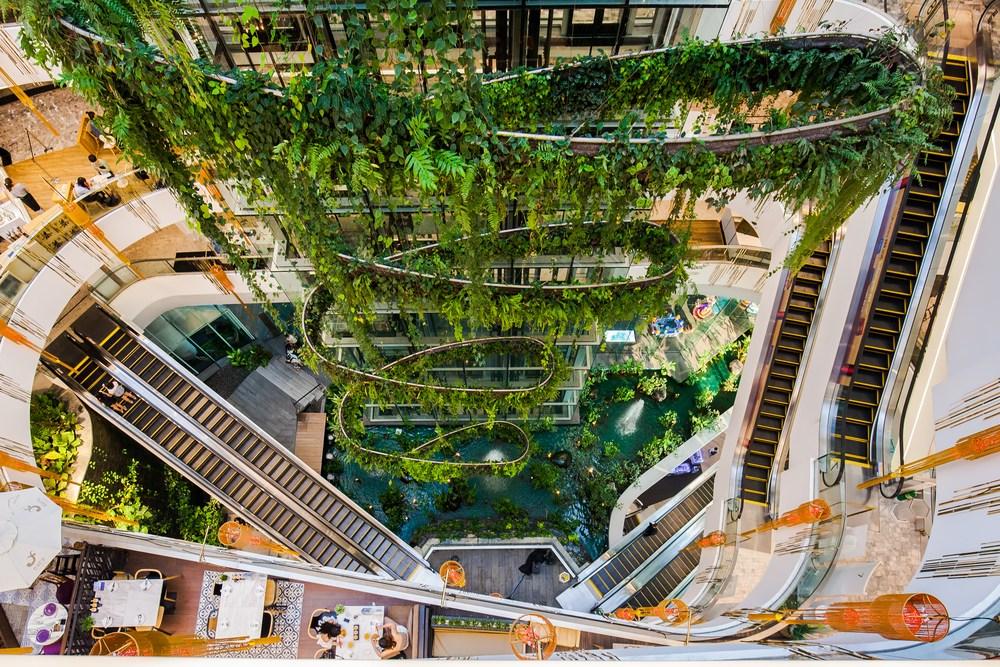
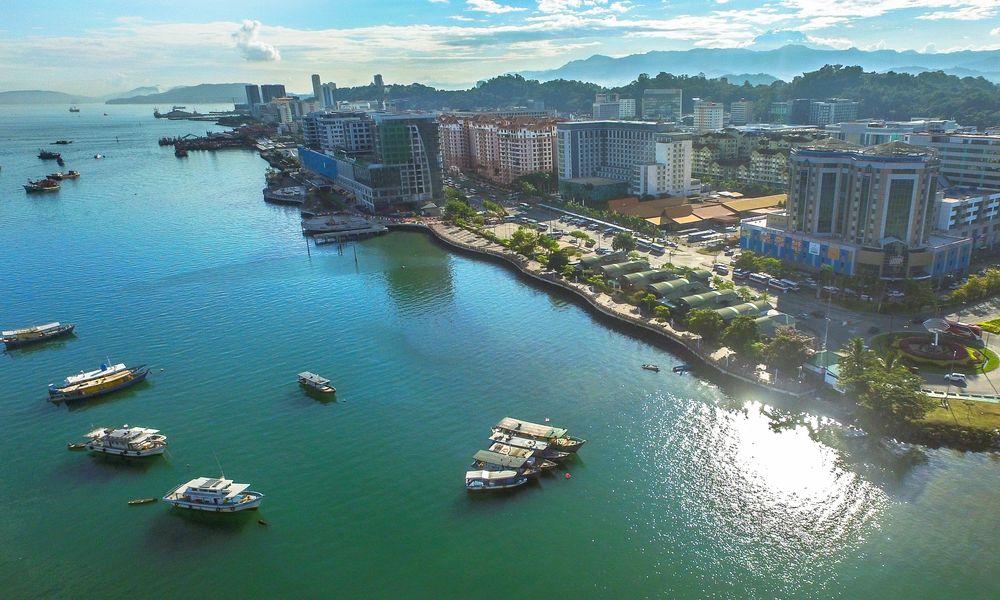
.jpg)
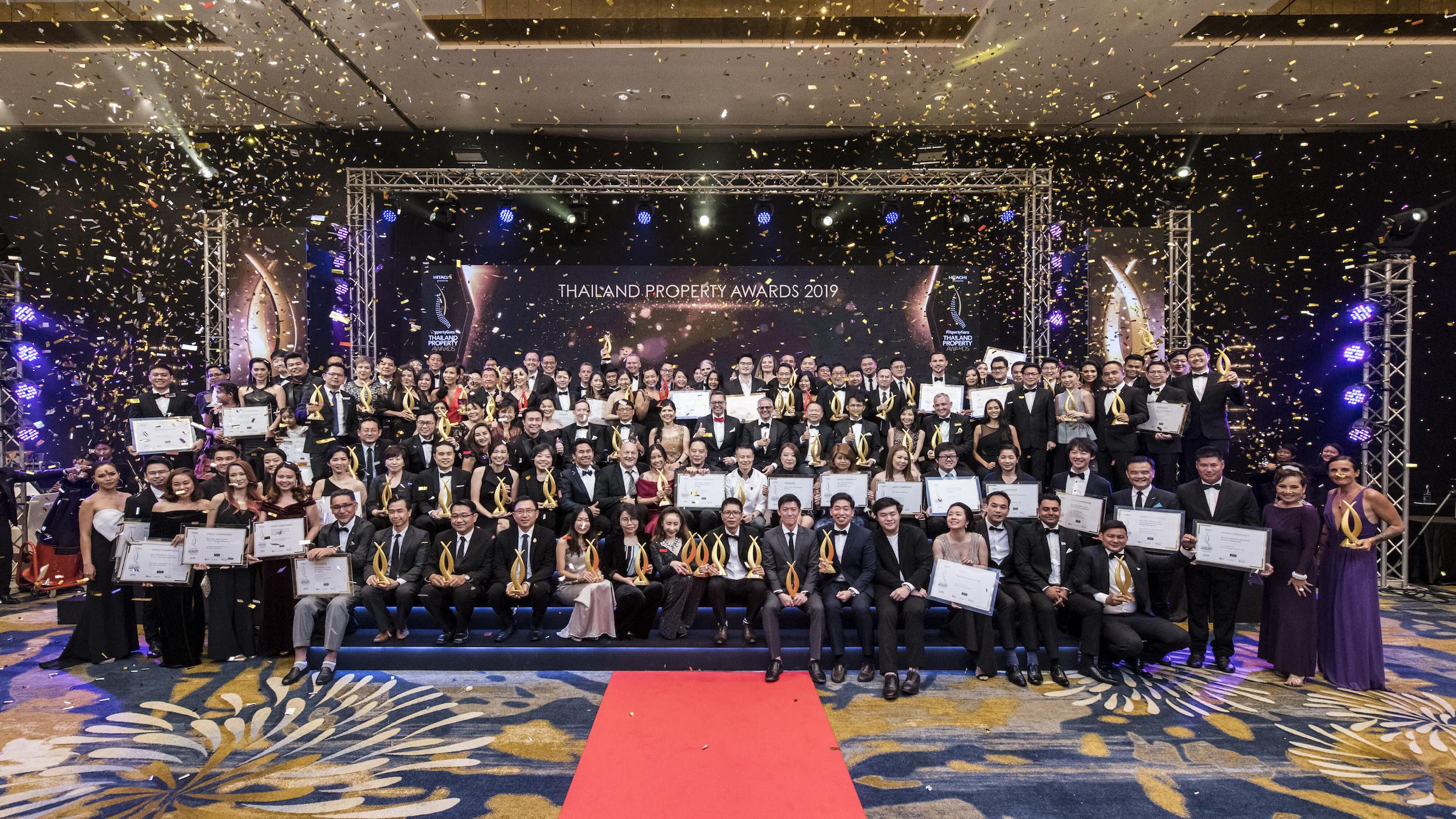
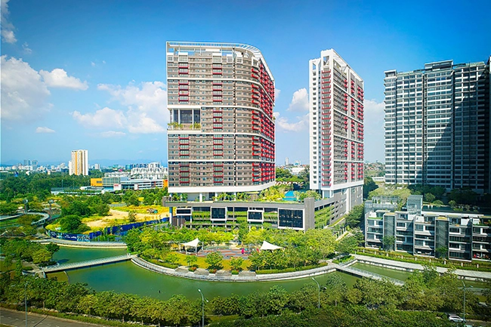
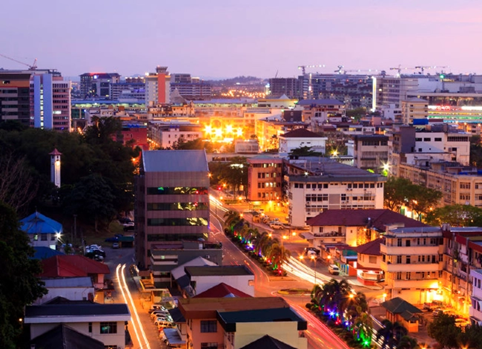
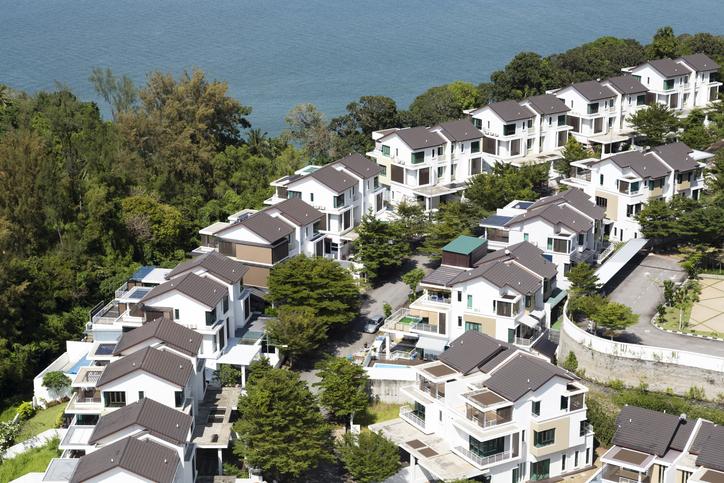

.jpg)
.jpeg)
